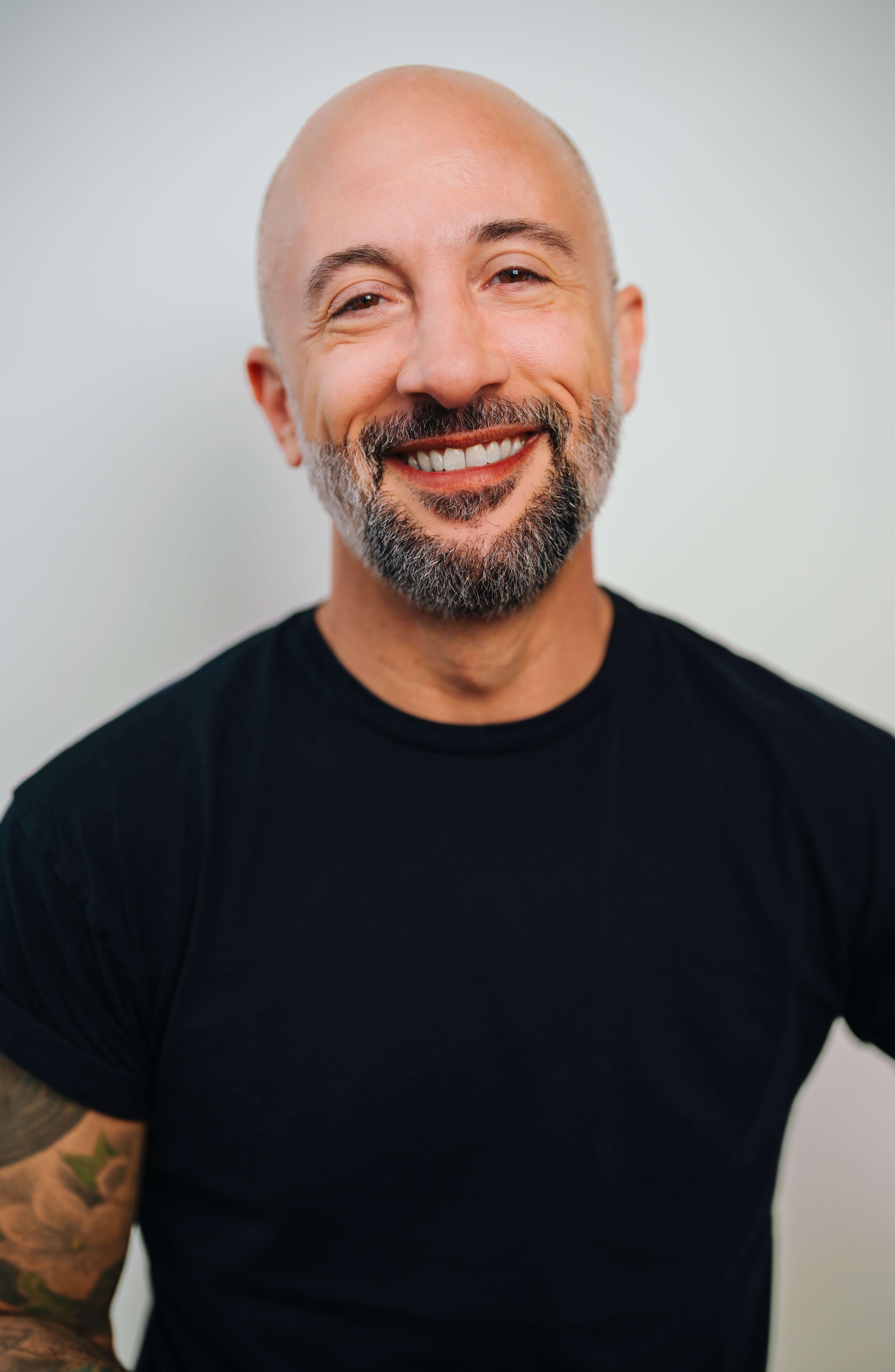Unveiling the unseen: 'Desire Lines' and Jules Rosskam's tribute to transmasculine journeys
At A Glance
- In summary, Jules Rosskam's "Desire Lines" stands out as a remarkable and necessary film.

”Desire Lines," directed by Jules Rosskam, is a film that not only transcends the boundaries of conventional documentary filmmaking but also serves as a profoundly moving tribute to the gay transmasculine community. Through its innovative hybrid format that weaves together personal interviews, archival footage, and narrative fiction, the film embarks on a quest to explore the nuanced and often overlooked history of transmasculine sexuality. The brilliance of Rosskam's direction lies in his ability to maintain a delicate balance between these elements, creating a tapestry that is as informative as it is emotionally resonant.
The narrative core of the film is centered around Ahmad, portrayed with a deep sense of vulnerability by Aden Hakimi. Ahmad's journey, from an Iranian expat grappling with his concealed trans identity to his exploration of latent homosexuality and fantasies of an out, gay trans life, is both compelling and heartrending. Rosskam's choice to interlace Ahmad's fictional journey with the real-life stories of transgender men provides a rich, multifaceted view of the transmasculine experience. The film's exploration of Lou Sullivan's legacy, alongside the contemporary and historical testimonials, showcases Rosskam's commitment to illuminating the lives of those who have been marginalized within the broader LGBTQ+ narrative.

The casting of Theo Germaine as Kieran adds another layer of authenticity and depth to the film. Germaine's performance captures the essence of a young, nonbinary individual navigating the complexities of queer and trans identities with both sensitivity and strength. Their dynamic with Ahmad offers a poignant look at the potential for intergenerational understanding and connection within the trans community.
Rosskam's directorial prowess is further highlighted by his seamless integration of various storytelling modes. The film's transitions between reality and fantasy, alongside the utilization of Lou Sullivan's letters and interviews, create a narrative flow that is both engaging and enlightening. The inclusion of candid discussions on topics such as gender conformity, transphobia, and sexual racism contributes to a comprehensive portrayal of the challenges faced by transmasculine individuals.

"Desire Lines" is underscored by Melissa Dyne's evocative soundtrack and sound design, which enhances the film's emotional landscape and immersive quality. Rosskam's meticulous attention to the film's auditory and visual aspects complements the storytelling, creating an experience that is as aesthetically pleasing as it is impactful.
In summary, Jules Rosskam's "Desire Lines" stands out as a remarkable and necessary film. It is not just a documentary but a powerful statement on the importance of visibility, understanding, and empathy for the gay transmasculine community. Rosskam's directorial vision, combined with compelling performances and a thoughtfully curated narrative, makes "Desire Lines" a seminal work that contributes significantly to the ongoing discourse on gender, sexuality, and identity. The film's reception and the NEXT Special Jury Award at Sundance 2024 are testaments to its profound impact and the vital message it carries. Rosskam has not only crafted a beautiful love letter to a vibrant community but has also set a new benchmark for documentary filmmaking.